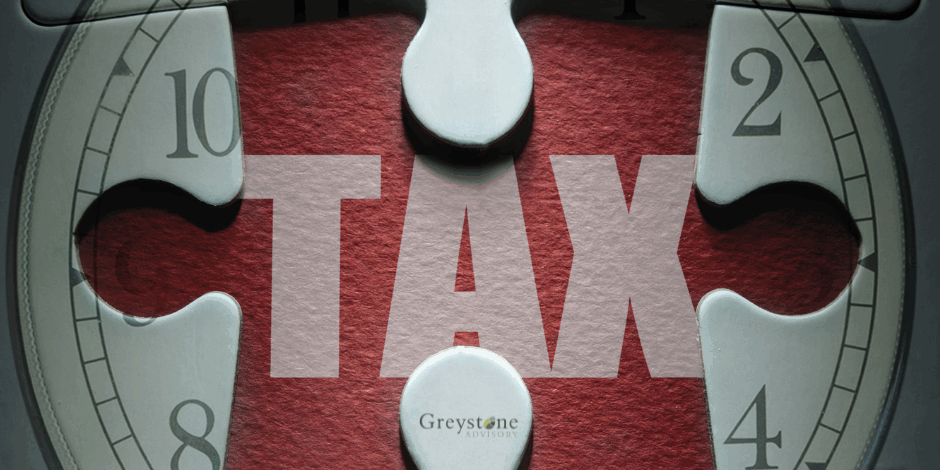Running a business in the UK means juggling many responsibilities, taxes being one of the big ones. Missing a deadline can lead to penalties, interest charges, or unnecessary stress. To keep things simple, here are five key tax deadlines that every UK business owner should have in their calendar.
1. 31st January: Self Assessment Tax Return & Payment
If you’re self-employed or a company director, this date is crucial. By 31st January each year, you must:
• Submit your online Self Assessment tax return
• Pay any income tax owed for the previous tax year
• Pay your first ‘payment on account’ towards the next tax year (if applicable)
Tip: Don’t leave this to the last minute, HMRC’s systems often get overloaded in January.
2. 5th April: End of the Tax Year
This isn’t a submission deadline, but it’s a key cut-off for many tax planning decisions. The tax year runs from 6th April to 5th April. You’ll want to review:
• Pension contributions
• Capital gains tax allowances
• Dividend planning and salary optimisation
Tip: A little planning before this date can significantly reduce your tax bill.
3. VAT Quarter Deadlines: Usually 1 Month + 7 Days After Quarter-End
If your business is VAT-registered, you must submit your VAT returns and pay any VAT owed within 1 month and 7 days after the end of your VAT quarter.
For example, for a quarter ending 31st March: Return and payment are due by 7th May
Tip: Most businesses submit VAT returns quarterly, but check your own deadlines through your HMRC online account.
4. PAYE & NIC Payment Deadlines: 22nd of Each Month (or 19th by Post)
If you run payroll, any PAYE and National Insurance due must be paid:
• By 22nd of the following month if paying electronically
• By 19th of the following month if paying by post
Tip: Consistently late payments can lead to penalties, set a monthly reminder if you’re doing payroll in-house.
5. Corporation Tax: 9 Months and 1 Day After Year-End
If you run a limited company, your Corporation Tax is due nine months and one day after your company’s accounting year-end.
So, if your year ends 31st March, your tax is due 1st January.
Tip: This is different from the filing deadline for your accounts or tax return, easy to mix up.
Key Takeaways:
• Stay ahead of the key dates to avoid stress and penalties.
• VAT and PAYE deadlines come around more frequently, watch them closely.
• Plan early for year-end and tax return deadlines.
Would you like help keeping on top of your tax and payroll deadlines? At Greystone Advisory, we take care of the details, so you can focus on growing your business. Contact us today to see how we can make tax simpler and stress-free.






